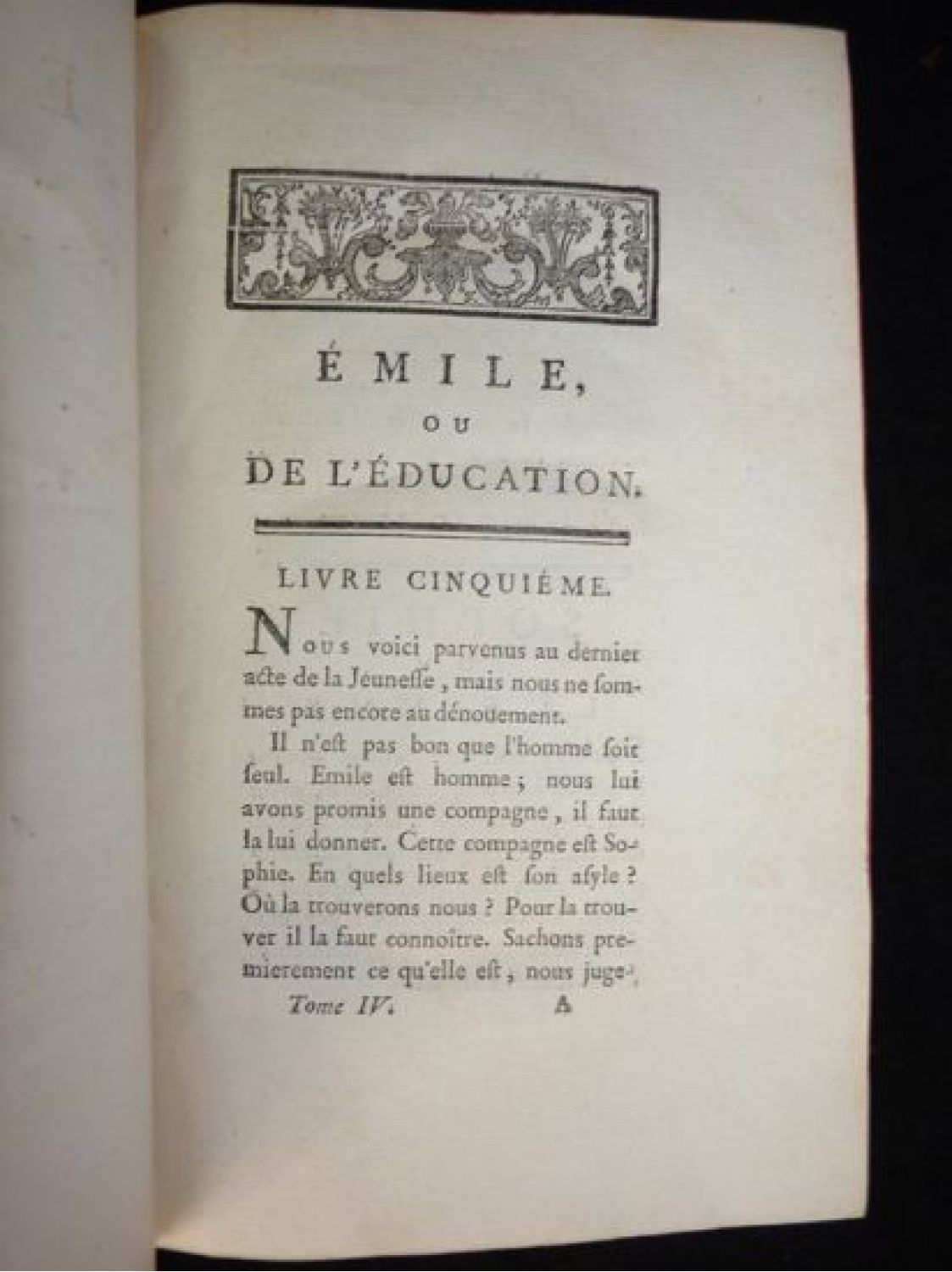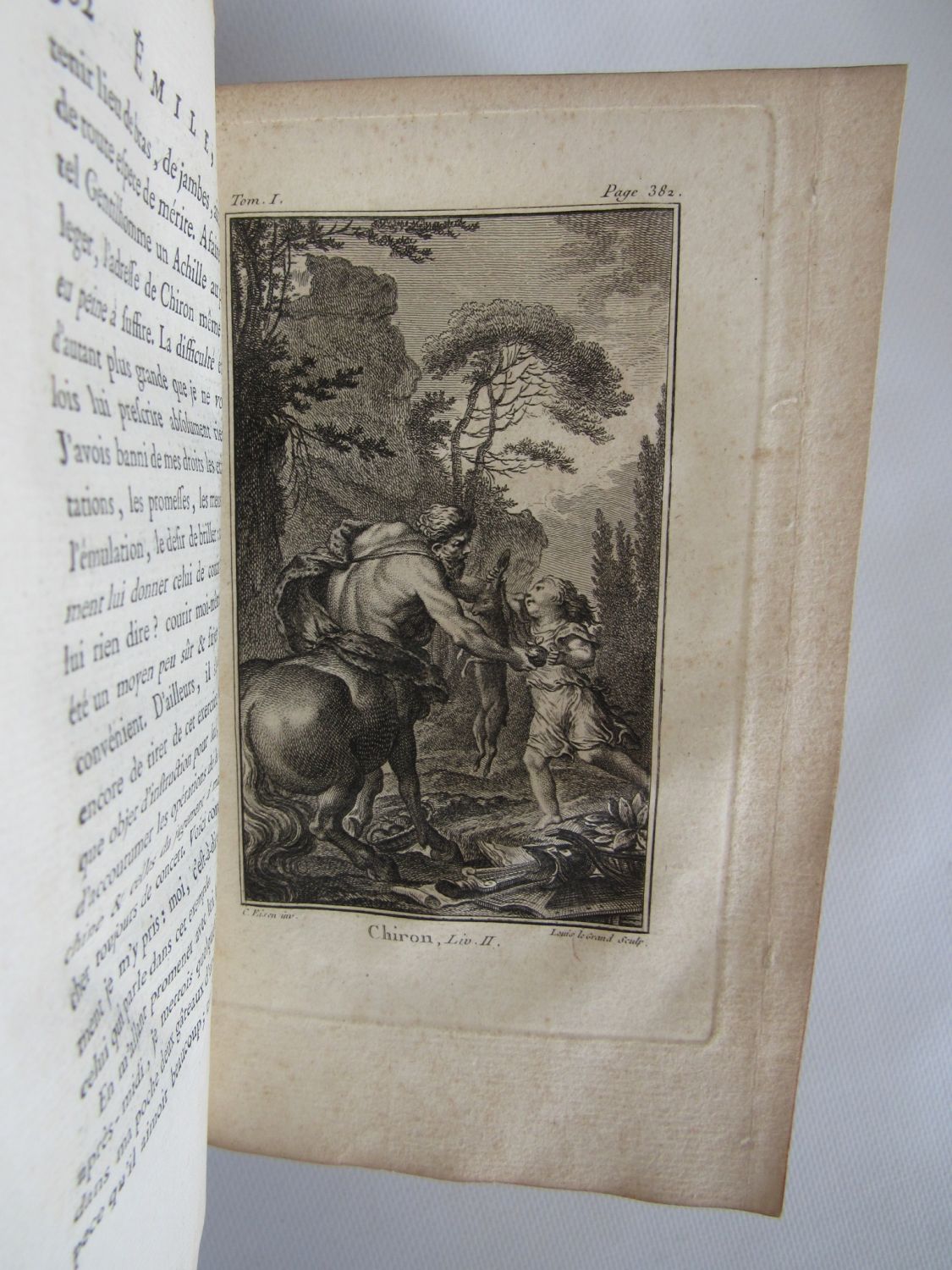

Voltaire published an anonymous pamphlet bringing this awful secret to light. And all five of those children had been abandoned at a foundling hospital at Rousseau’s urging. Rousseau, that paragon of educational theory, was in fact the father of five children. Voltaire dug up a dirty secret of Rousseau’s, one that had been doing the rounds but had never been made public. Rousseau outed him as the author, to Voltaire’s dismay. Voltaire despised Emile, except for the anti-religious bit, which he called “among the boldest ever known.” Voltaire had written his own religious treatise – The Sermon of the Fifty – under a pseudonym.

but he received mostly condemnation and bad reviews from Voltaire in return. Rousseau, funnily enough, was an admirer of Voltaire. The elder statesperson of French philosophy and letters at the time, Voltaire, was one notable critic.

And it also included a take on female education (they shouldn’t be educated, lest they take over!) that received a lot of well-deserved criticism from early feminist writers. It also included a take on religion that led to the book being banned and burned. It was one of the first to move the focus of schooling away from teacher-centred instruction and towards child-centred curiosity and discovery. Rousseau’s book Emile, or On Education, is a notable proto-modern take on education. Unknown author, Public domain, via Wikimedia Commons


 0 kommentar(er)
0 kommentar(er)
